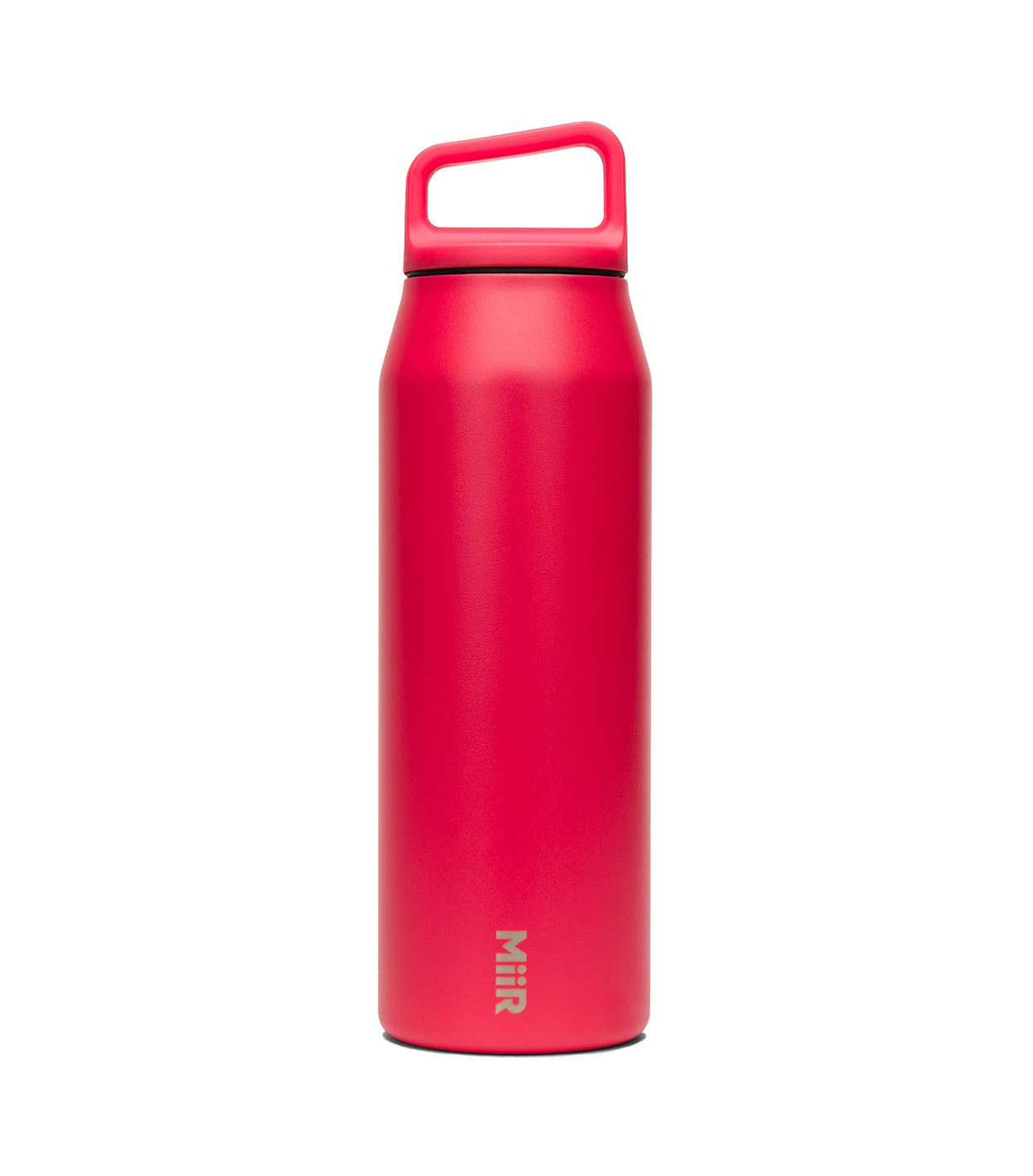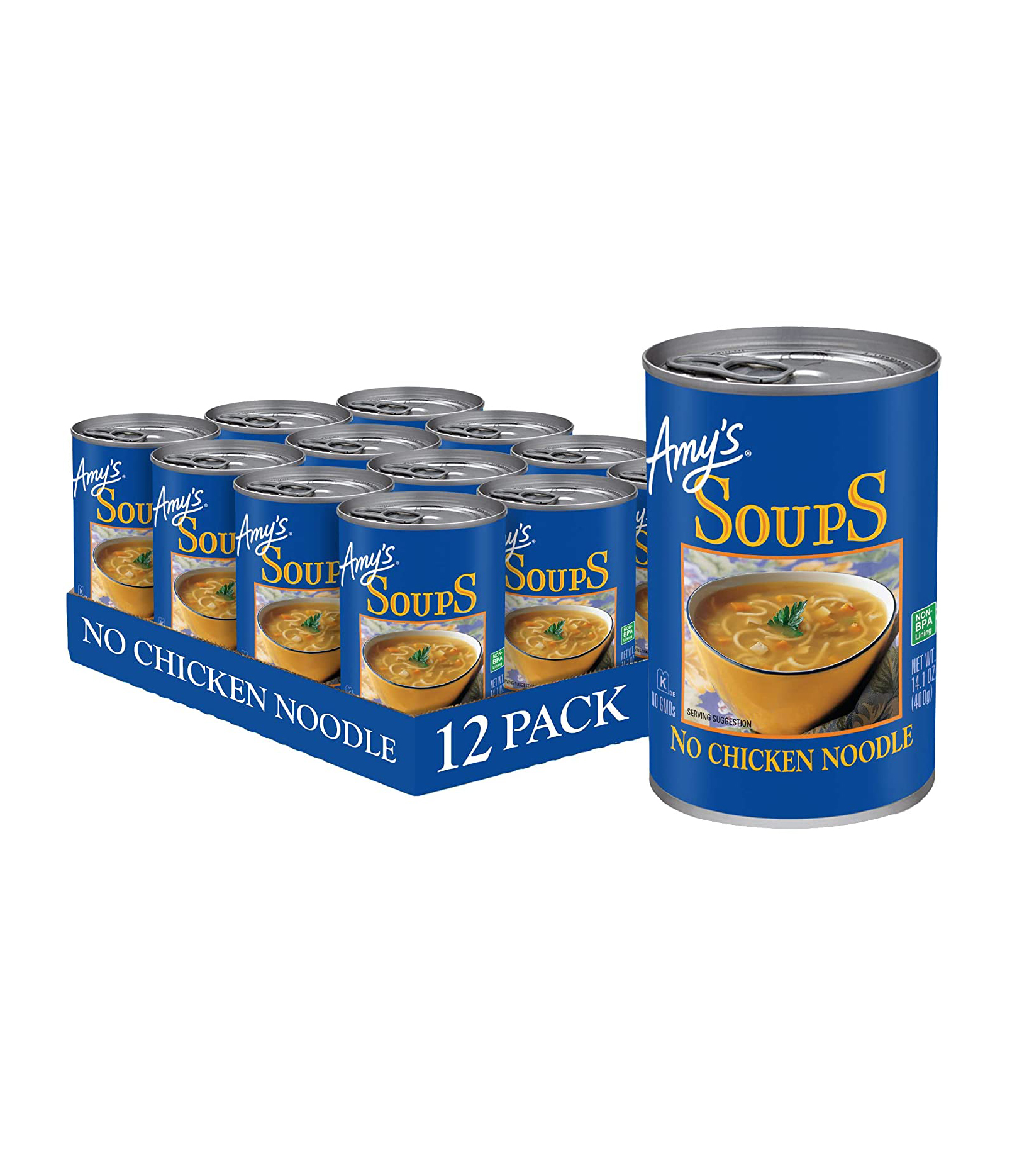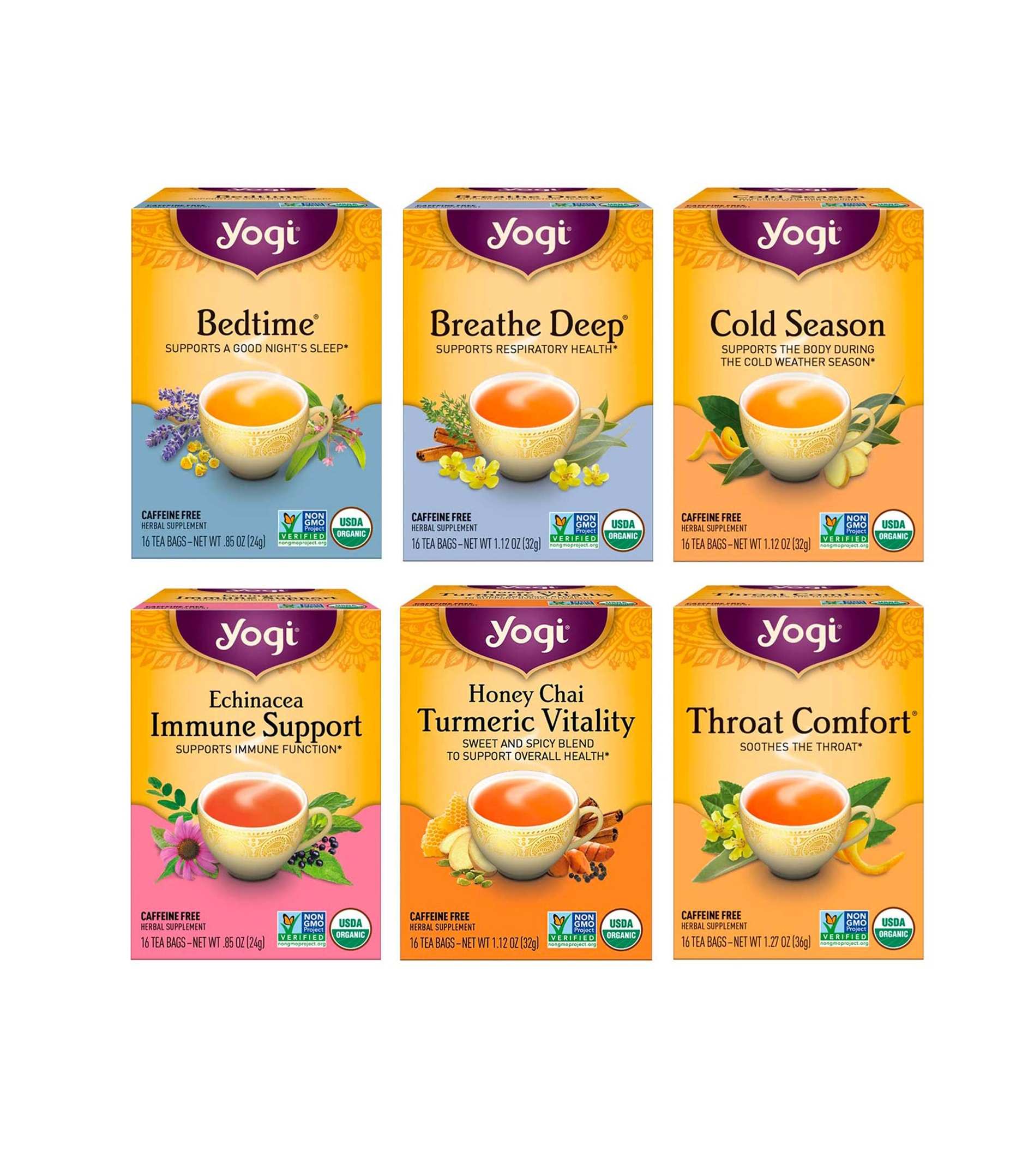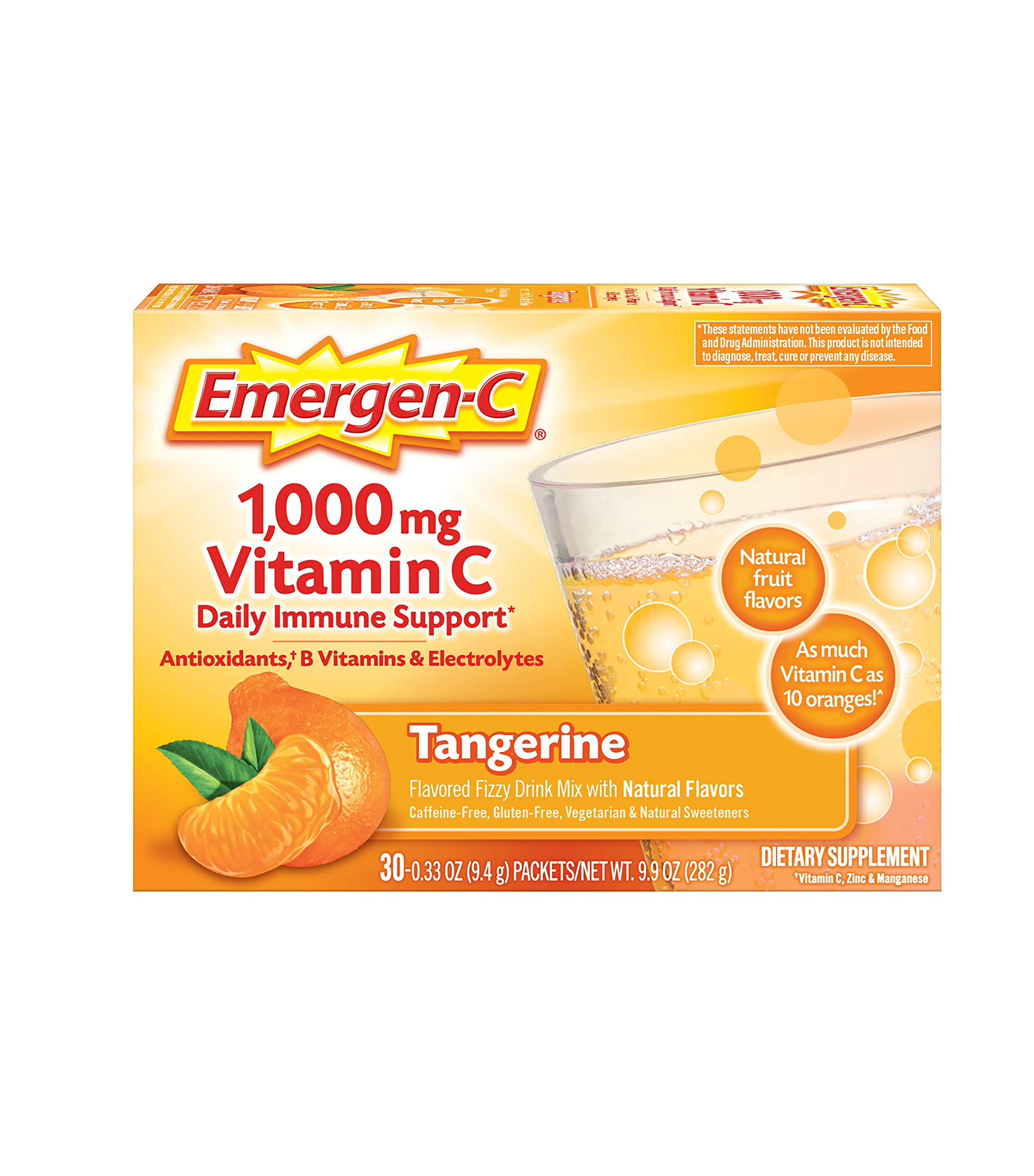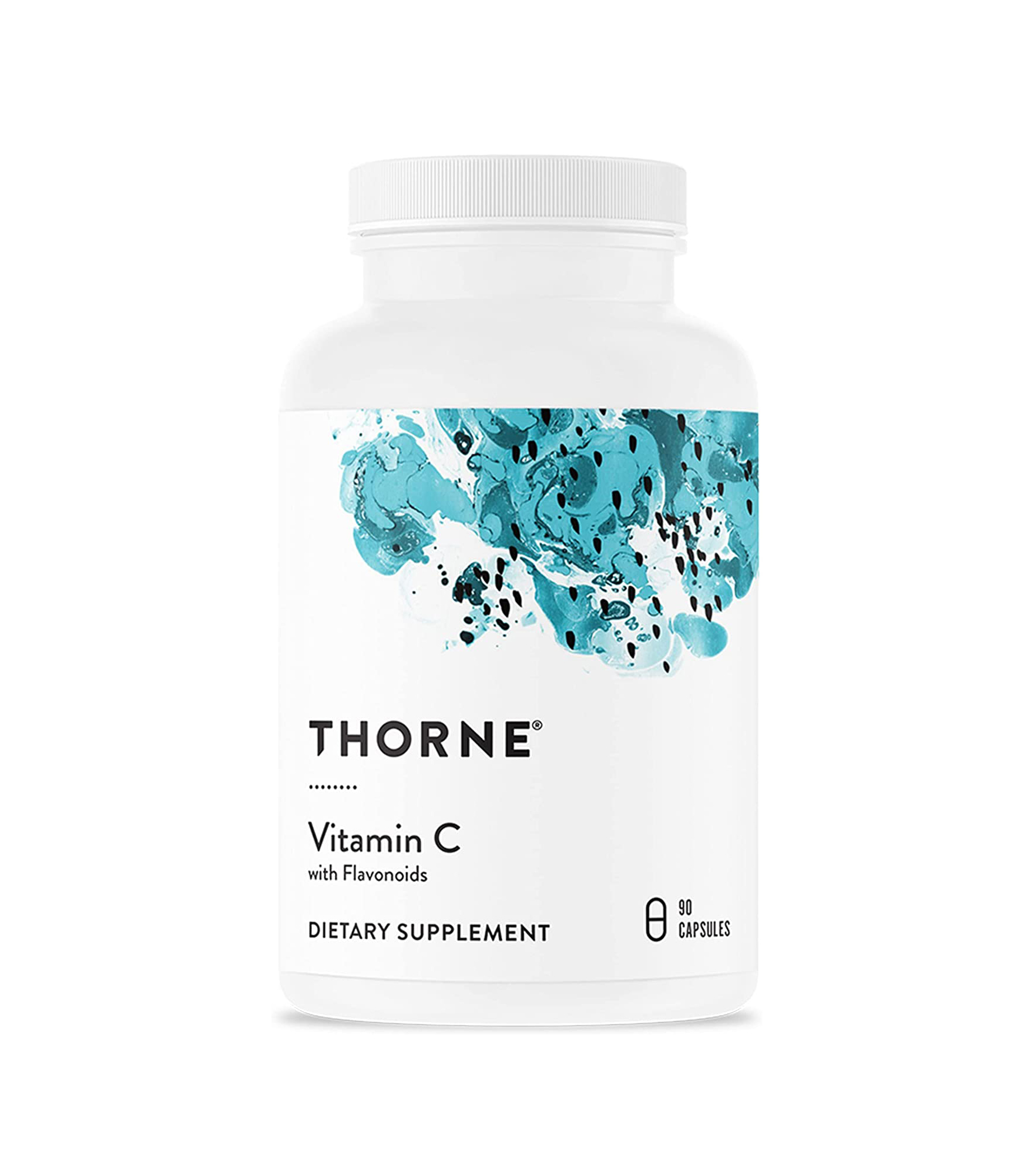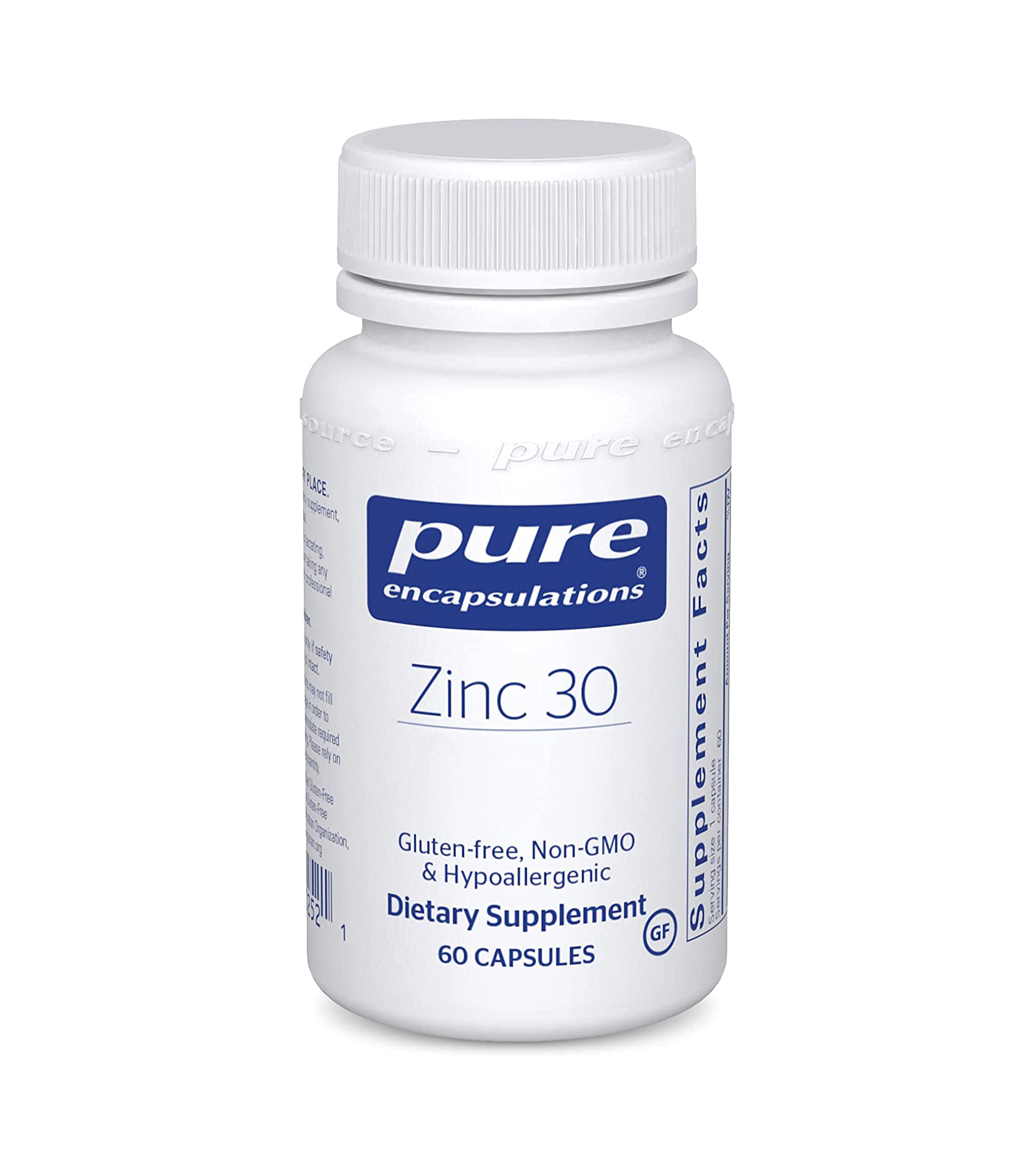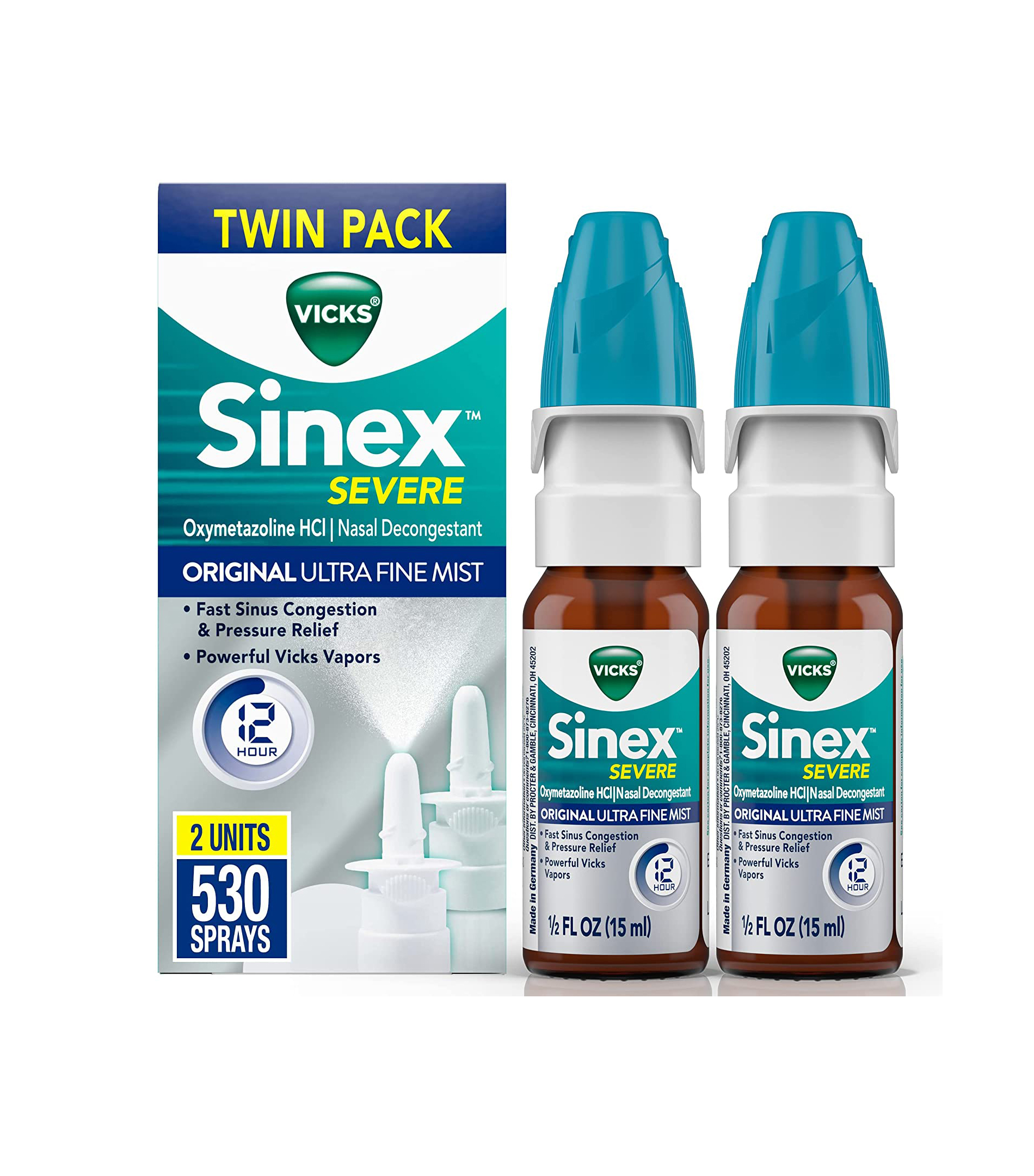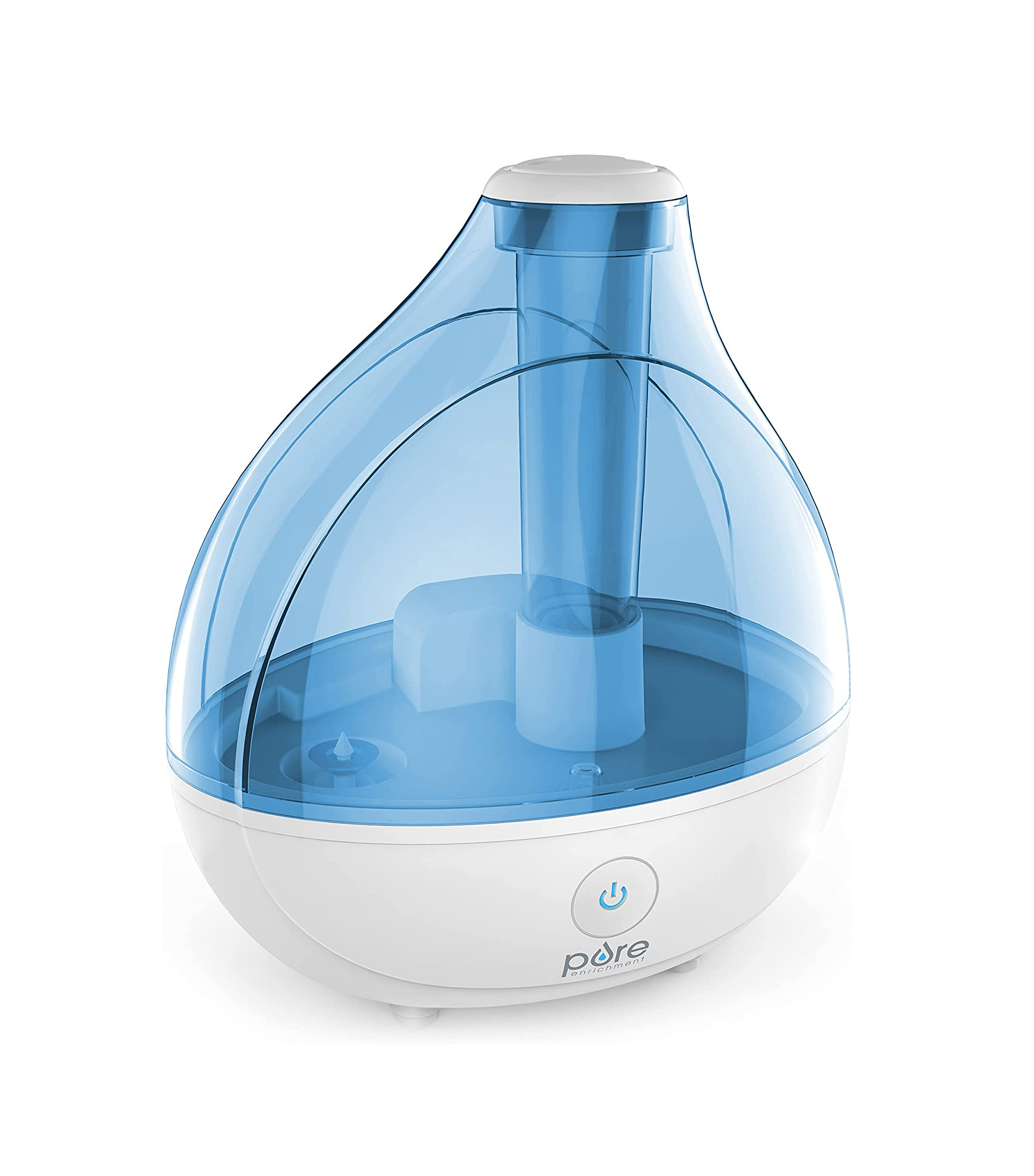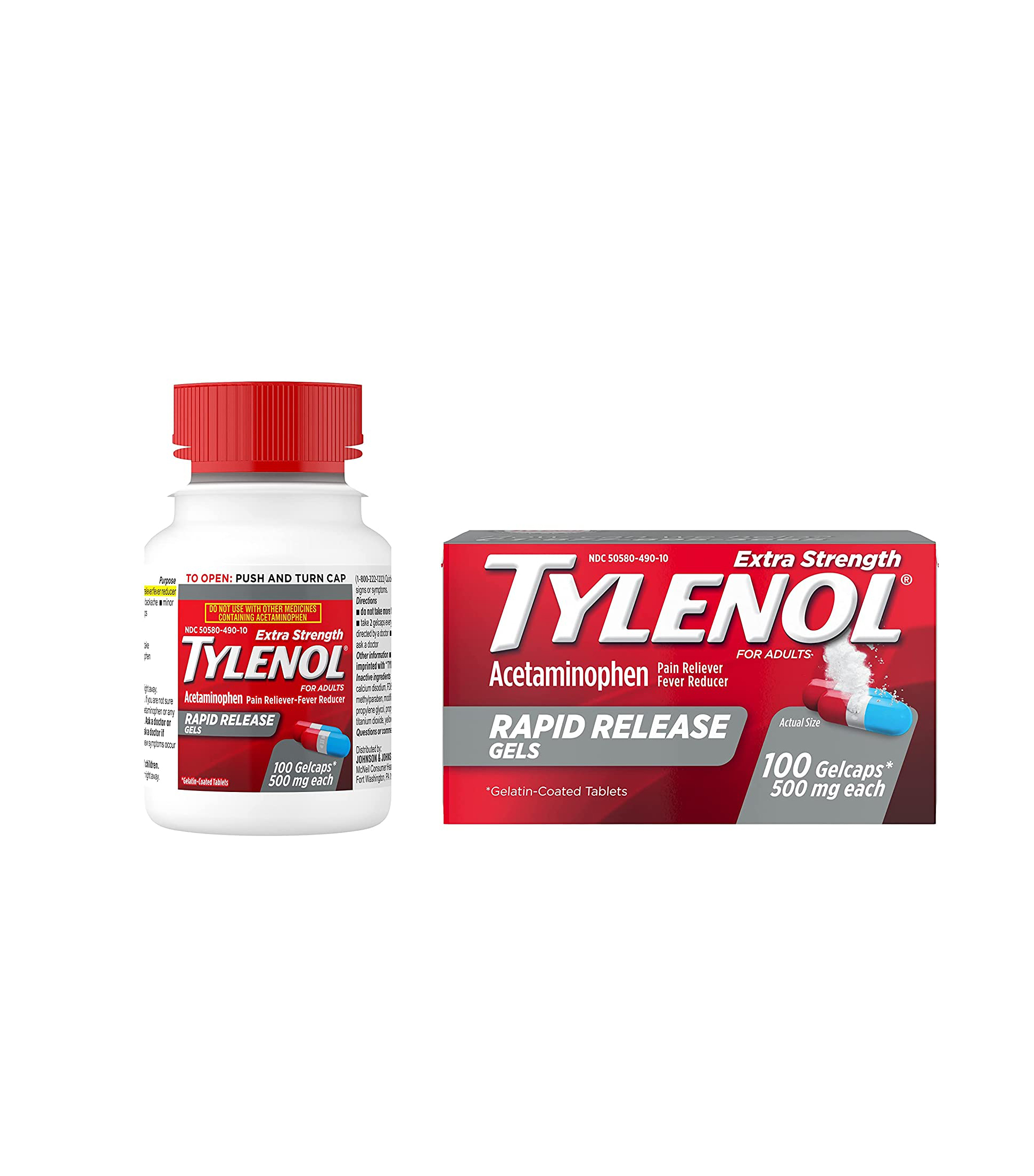10 Ways to Get Rid of a Cold Fast
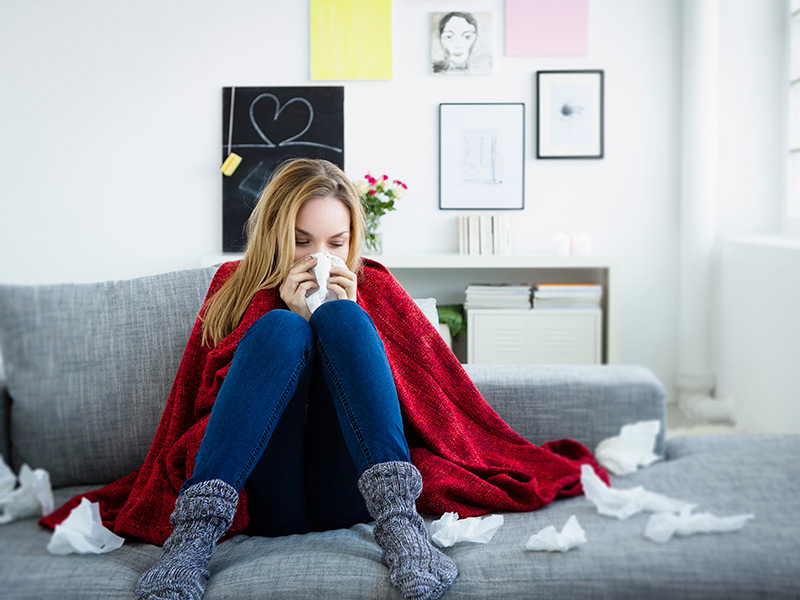
The common cold is a viral infection of the upper respiratory tract and can cause sneezing, coughing, fever, and a runny nose. In other words: It's not pleasant. And while we have figured out how to create a Bernedoodle (a very cute mixed-breed dog), there is still no cure or vaccine for the common cold. When I asked doctors about ways to get rid of a cold, Nodar Janas, MD, a family medicine doctor, started off with this not-very-encouraging saying: "If you don't treat a cold, you're sick for a week, and if you treat it, you're sick for seven days." But just because there's no prescription or magic pill, there are things you can do to lessen symptoms (and your misery). There might even be a way to shorten that week of sneezing and coughing.
Even if one of these feel-better-quick tricks works for you, all doctors were unanimous on one point: rest. Take it easy. Kick back your feet. You can ease the discomfort of a stuffy nose and lower a fever, but if you're just going to run out to drinks afterward, you might be dealing with those symptoms longer. The best thing you can do is give your body the time and energy to heal. While there is no cure for the cold, if you get a high fever or aren't getting better after five days, you should go see a doctor. Pneumonia can develop from colds, which is another reason to rest up.
1. Drink lots of water

While we should always be mindful of how much water we drink, it's especially important to make sure you're getting enough when you're sick. You can't "drown out" a cold with constant chugging, but getting enough fluids will help you feel better, especially because some cold symptoms might dehydrate you. If you're getting sick of plain water, Lauren Mochizuki, RN, an emergency room nurse, suggests coconut water or a low-sugar sports drink with electrolytes.
2. Sip Soup, Too

Soup or warm liquids can be another way to get more fluid into your body and soothe it at the same time. Symptoms of a cold can include a dry, itchy throat and cough, and hot herbal tea or the warm drink of your choice can provide instant relief. Mochizuki recommends hot water with honey and lemon.
3. Pack on the Vitamin C

Speaking of lemons, there is some evidence that increasing your vitamin C intake to 200 milligrams a day when you have a cold could shorten your sickness by a day. Other vitamin C–rich foods that Mochizuki recommends are orange bell peppers, which can have more vitamin C than oranges.
4. Get Some Zinc
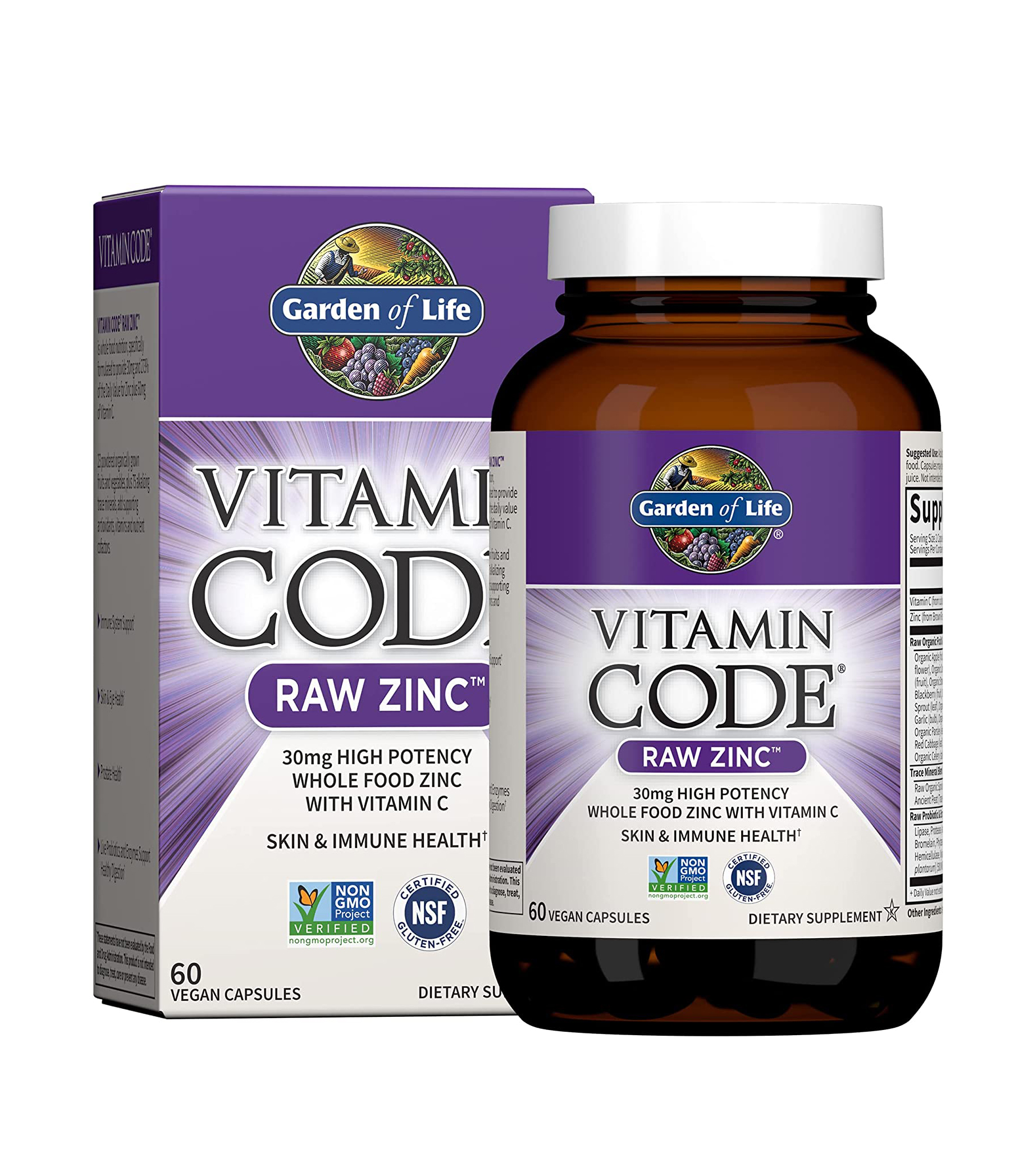
Increasing your zinc intake can also help with a cold, though not with the severity. You'll need to take around 75 milligrams, which is hard to do with just food, so you'll need to get a supplement. However, as James P. Cobb, RN, MSN, an emergency room nurse, points out, you'll want to stop there and not go overboard with tons and tons of zinc to try to shorten your cold even more. "High doses of zinc can make you nauseous. It's important to keep fluids down," he says.
5. Try Nasal Sprays
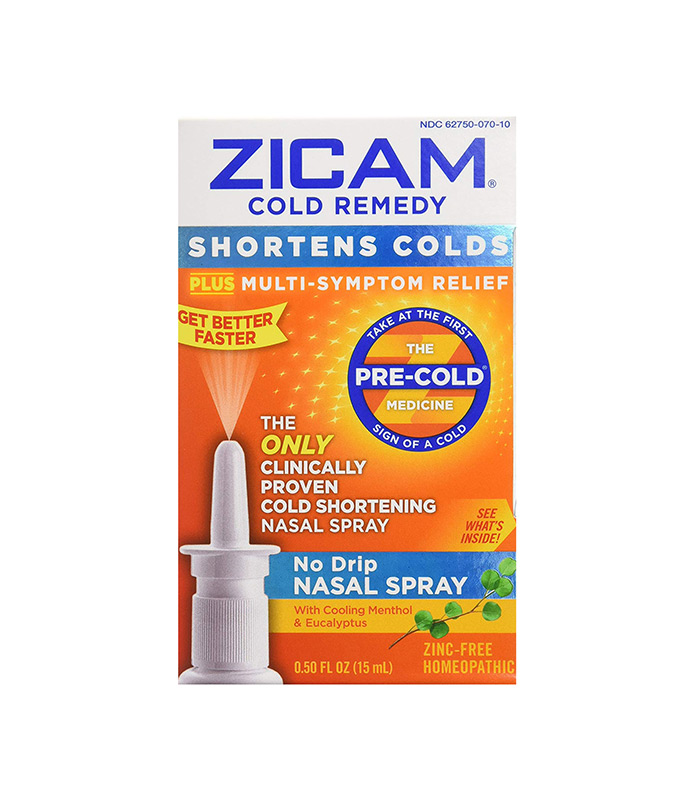
Congestion is common with colds, and nasal sprays can help relieve the pressure. If you pick a saline spray without active ingredients, you will be free to use it as long as you need. If you do pick one with active ingredients, make sure you follow directions because overusing nasal sprays with decongestants can cause their own problems.
6. Take a Cough Suppressant
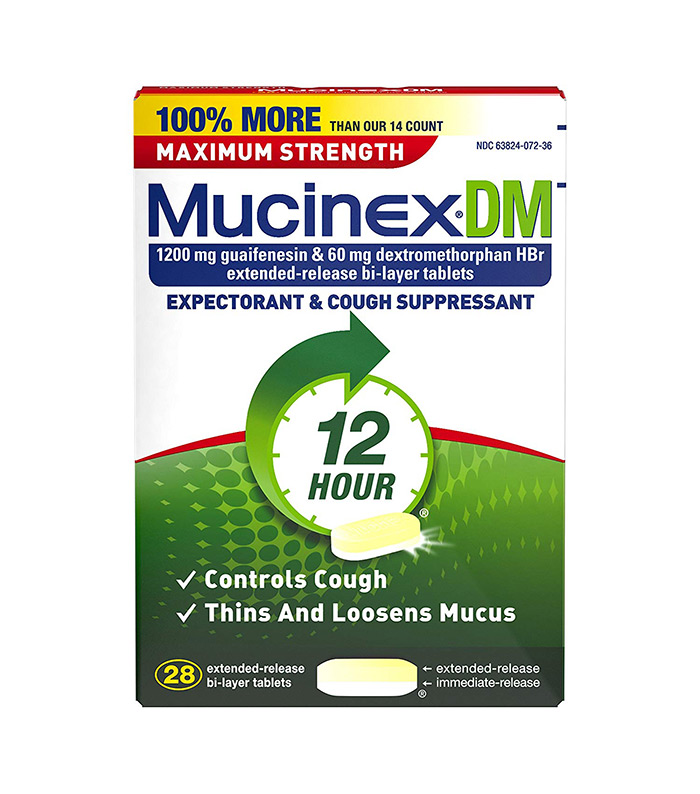
Coughing is another cold symptom and can make you feel worse—especially if it keeps you up all night. Janas recommends a cough medicine with an expectorant that can help clear mucus but also notes that many over-the-counter cough medicines contain similar active ingredients, so you can't exactly game the system by taking a cocktail of different cough medicines in heavy rotation.
7. Gargle Salt Water

If you're coughing because your throat is dry, fluids will help that. Gargling warm salt water can also help reduce swelling and even loosen mucus, so it can be used on top of an OTC cough medicine. And don't worry: You don't have to make the water too salty. A teaspoon per cup of water is fine.
8. Buy a Humidifier
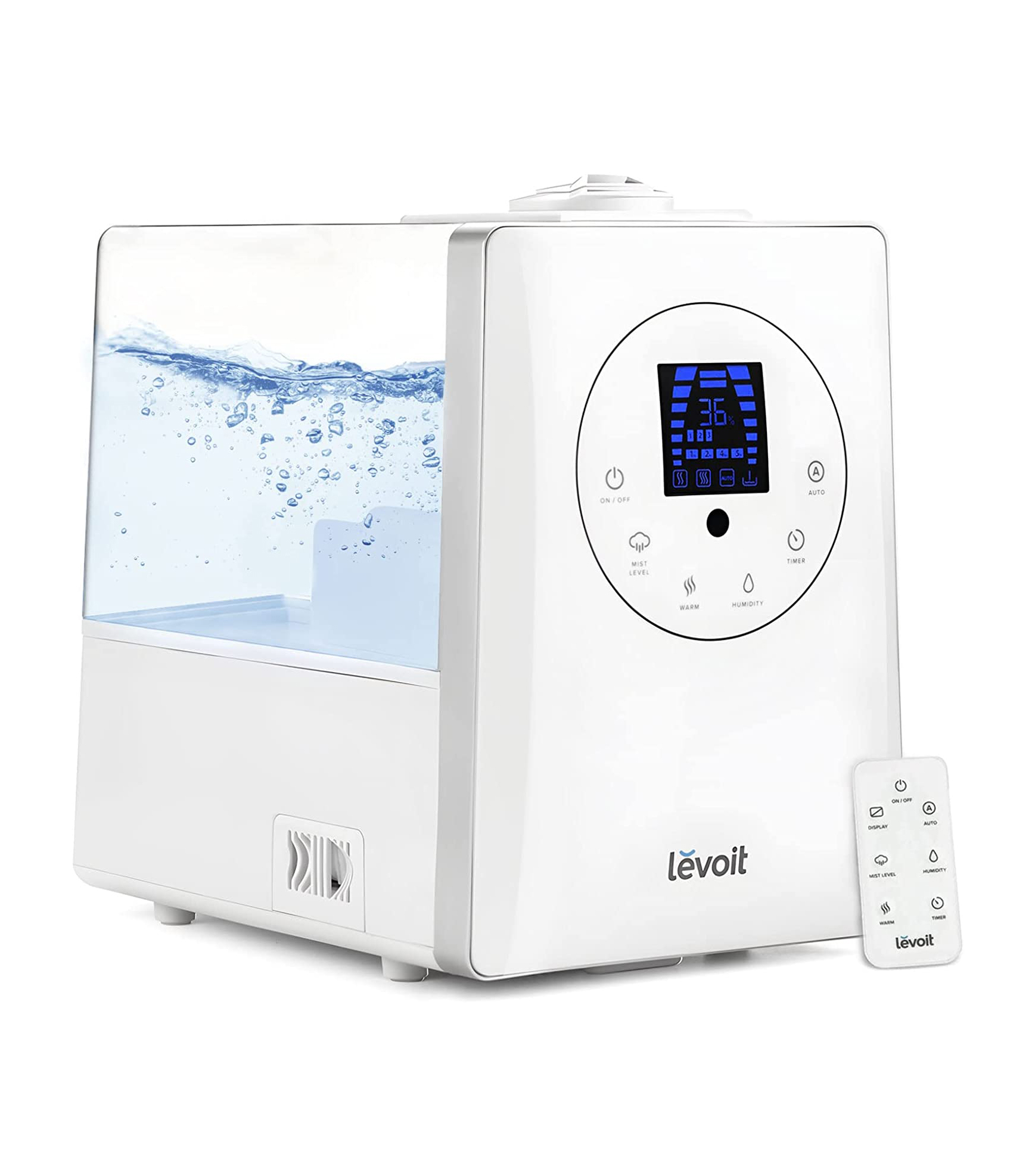
Another solution for congestion and coughing is a humidifier, which adds moisture to the air and helps with your raw, irritated passages. The steam from hot water can also help with those symptoms but can be dangerous. If you go the steam route, use water off-boiling, never boiling, and stay a comfortable distance from the hot water.
9. Opt for a Painkiller
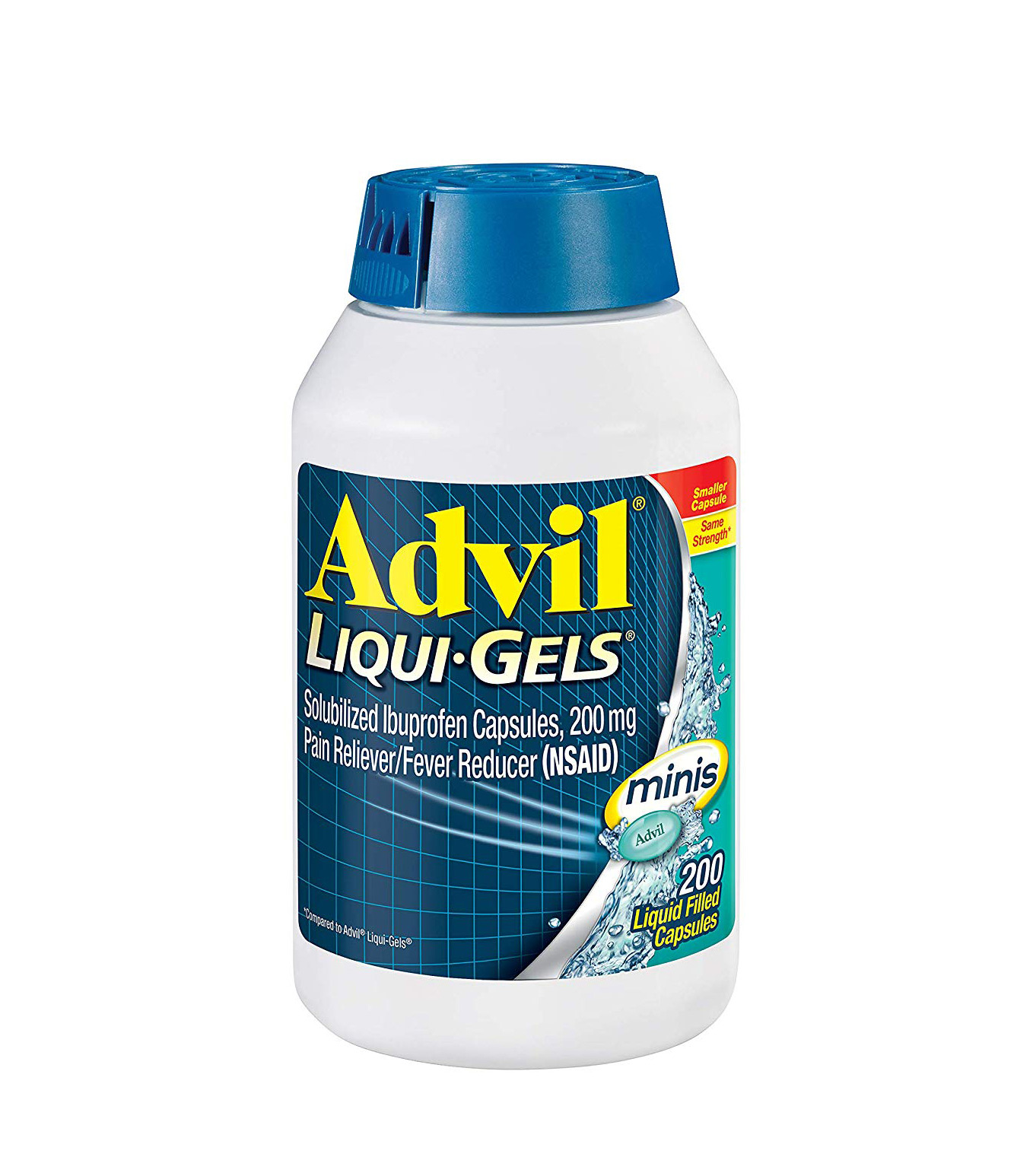
There are a lot of reasons to take OTC drugs like Advil or Tylenol with a cold. For starters, if you have a fever, it can help bring it down. If you have aches and pains, it can help with that as well. But once again, Janas cautions against getting overzealous. Follow dosage instructions and be mindful of side effects ibuprofen (Advil) and acetaminophen (Tylenol) can have on your system. Acetaminophen is hard on your liver, and ibuprofen can be hard on some people's stomachs. Again, consult a doctor if you have concerns.
10. Rest

After all these tricks have made you feel so much better, keep resting! Don't feel bad about calling in sick or just taking a lazy weekend to yourself. Don't let a newly banished cough fool you into thinking you've tricked a virus. Enjoy the downgrades in your agony while you curl up, warm water with honey in hand, to stream that new Hulu series you've been putting off.
Next up, 20 Herbs That Can Strengthen Your Immune System
This article was originally published at an earlier date and has since been updated.
Disclaimer
This article is provided for informational purposes only and is not intended to be used in the place of advice of your physician or other medical professionals. You should always consult with your doctor or healthcare provider first with any health-related questions.
